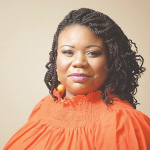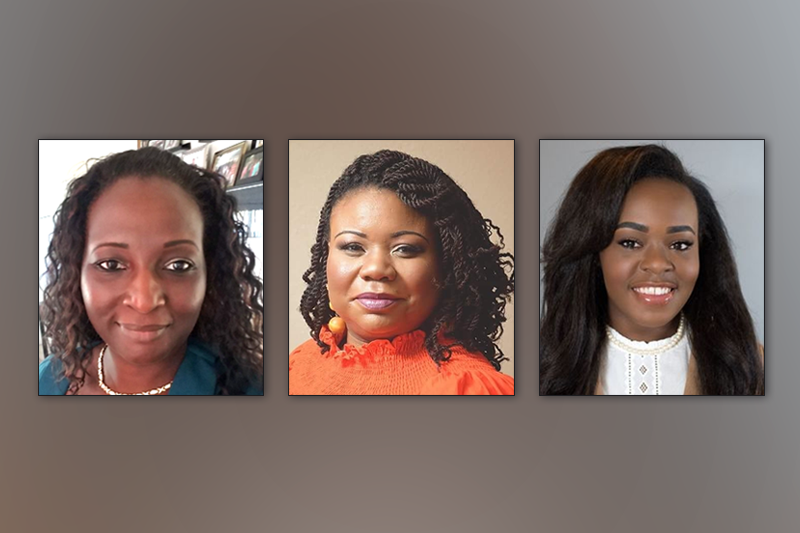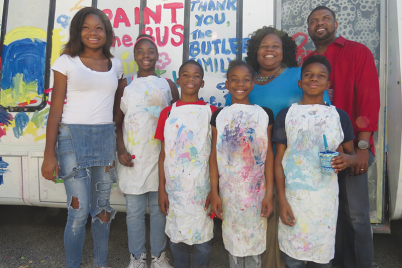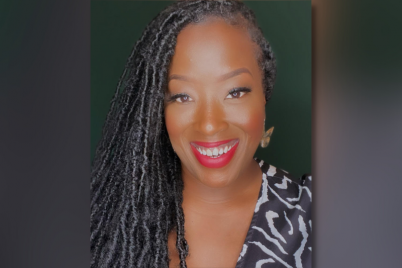ST. PETERSBURG — Recent data on the impact of COVID-19 on black and brown communities reveals a perfect storm of distressing information. From the health impact to economic data, reports show that the virus is wreaking havoc in African American and Latinx communities – and taking a toll on the emotional health of many of us.
The good news? In St. Petersburg, and throughout the Tampa Bay area, many free behavioral and mental health services are available.
On Saturday, May 2, mental and behavioral health experts Dr. LaDonna Butler, Dr. Tonicia Freeman-Foster, and Dr. Brittany Peters joined Carl Lavender, Chief Equity Strategist for the Foundation for a Healthy St. Petersburg, on WTMP to discuss how mental and behavioral health in Tampa Bay’s black and brown communities has been impacted by the COVID-19 crisis.
 Dr. Brittany Peters, LCSW, MCAP, and clinical director and owner of the Center for Wellness & Clinical Development, LLC, noted an increased need in mental health services in Pinellas county.
Dr. Brittany Peters, LCSW, MCAP, and clinical director and owner of the Center for Wellness & Clinical Development, LLC, noted an increased need in mental health services in Pinellas county.
“Last year, the Pinellas County equity profile came out, and what it suggested is that the county is still recovering from the recession that occurred in 2007 – 09. It looked at a number of factors, but one of those was the wages of individuals who were working low-paying jobs.” Noting that unemployment is linked to psychological distress, Peters cautioned that poor mental health can contribute to unproductive choices, such as excessive drinking.
Peters recommended reducing intake of stress-causing articles and (mis)information shared on social media and in the news. She encouraged individuals to reach out to their support circles and take advantage of the many virtual telehealth sessions and online-or-by-phone mental health services available. Finally, she pointed to the importance of engaging in a wholesome and nurturing self-care routine, including adequate sleep and a healthy diet.
 Dr. Tonicia Freeman-Foster works as the project director for Florida Healthy Transitions, a program for youth and young adults who may be living with or at risk of behavioral health challenges; the program offers free services to anyone 16 to 25 years of age, residing in Hillsborough or Pinellas County. She also works at the Central Florida Behavioral Health Network, where she also serves as the coordinator for diversity, equity and inclusion.
Dr. Tonicia Freeman-Foster works as the project director for Florida Healthy Transitions, a program for youth and young adults who may be living with or at risk of behavioral health challenges; the program offers free services to anyone 16 to 25 years of age, residing in Hillsborough or Pinellas County. She also works at the Central Florida Behavioral Health Network, where she also serves as the coordinator for diversity, equity and inclusion.
She noted that mental health services and therapies are changing – and that’s a good thing. “People think, ‘I have to go in and lay on this couch and talk to somebody and tell them all my business.’” But, said Freeman-Foster, “we’re doing different things — we’re doing art, we’re doing virtual activities. It’s about sharing your feelings, talking through your emotions, and not having to do it by yourself.”
 Dr. LaDonna Butler, founder of The Well for Life, a wellness center located in St. Pete, noted that “as black folks, we were stressed before COVID. So, it only highlights the level of disparities that exist in our health system.” While she agreed that there has historically been a stigma associated with asking for help, she also sees the stigma lessening.
Dr. LaDonna Butler, founder of The Well for Life, a wellness center located in St. Pete, noted that “as black folks, we were stressed before COVID. So, it only highlights the level of disparities that exist in our health system.” While she agreed that there has historically been a stigma associated with asking for help, she also sees the stigma lessening.
“I’m happy about the movements that are occurring in our local community, saying mental health is important. We’re seeing that data in community forums — people are acknowledging mental health as an area that’s important to their well-being.”
Butler maintained that people who speak to their pastor or life coach can look to trained mental health professionals in the same way. “You don’t have to say, ‘I’m calling my therapist,’ — you can say ‘I’m calling a person who can help me perform even better than I am. I’m talking to somebody who can walk with me on my health journey.’”
Freeman-Foster acknowledged that many in black and brown communities are ‘at-risk’ for mental health issues. These numbers also include youth and young adults, especially those identifying as lesbian, gay, bisexual, and transgender, and older populations, who traditionally don’t want to “tell people your business.”
She noted that Central Florida Behavioral Health Network provides services for individuals who do not have insurance or who have insurance that doesn’t cover mental health or therapeutic services. Their provider network covers 14 counties, and people can go to their website, put their address and zip-code into a locator and pull up a list of providers.
Dr. Butler said support from the Foundation for a Healthy St. Petersburg and the Tampa Bay Resiliency Fund is enabling The Well to provide free clinical services. People can call in for themselves or a family member, and a counselor will ask questions to determine what they may be feeling thinking or experiencing; if necessary, free counseling will be made available.
As of now, people can also call 211 and asked to be connected to The Well and they will be directly transferred to the Well for services. You can also reach the Well directly at (727) 251-0743.








